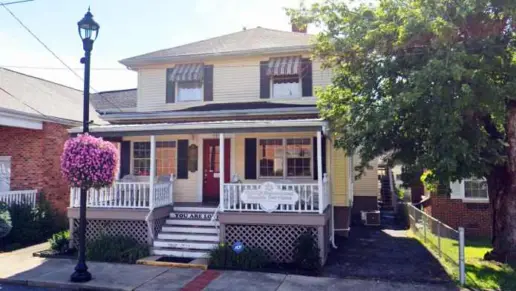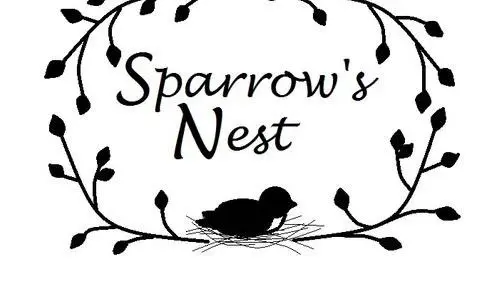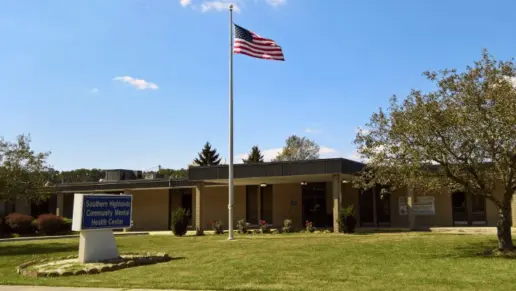About Crosswinds Center
Seneca Health Services – Crosswinds Center is a Maxwelton, West Virginia, alcohol and drug rehab. They provide medical detox and residential care for mental health, alcohol, drugs, and opioids. Adult men and women can access therapy and medication assisted treatment (MAT). Clients can withdraw from substances under medical supervision safely in their inpatient medical detox. Their empathetic addiction specialists closely monitor clients throughout detox before they transition to another level of care.
Their short term residential program offers intensive, medically managed treatment for clients living on campus. Certified addiction specialists aim to help clients create positive relationships, grow, and achieve their recovery goals. Clients participate in individual and group therapy to build coping skills, accountability, and self awareness, encouraging long term sobriety.
They blend therapy with MAT to help clients with severe opioid and alcohol addiction succeed in recovery. Their psychiatric medical providers conduct evaluations and medication management to help clients overcome cravings and withdrawal symptoms, aiding in sustained sobriety.
Seneca Health Services – Crosswinds Center accepts Medicaid, Medicare, and most private insurers to offset treatment costs. This may include Beacon, HCSC, UnitedHealthcare, Aetna, TRICARE, Ambetter, Amerigroup, and more. Verify your insurance with your provider, as out of network benefits typically vary.
Facility Overview
Latest Reviews
Rehab Score
Gallery
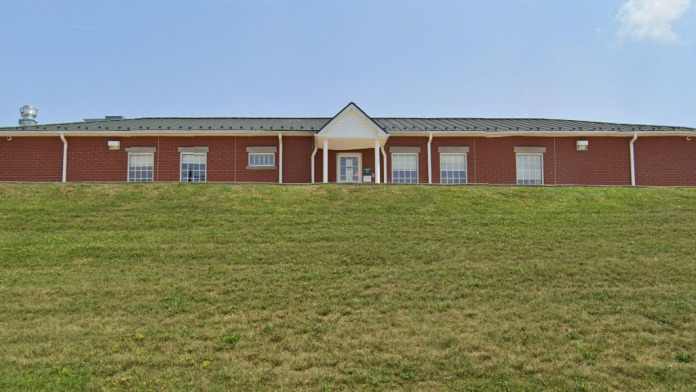
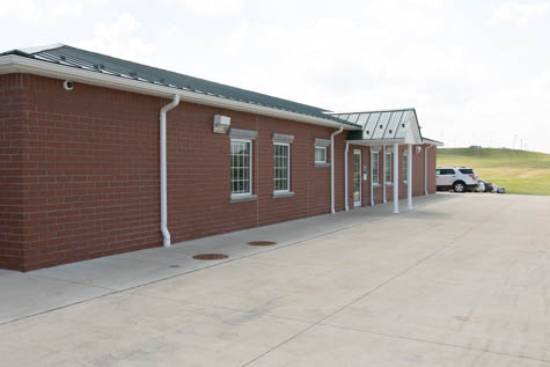
Location
Accepted Insurance
Other Forms of Payment
Private insurance refers to any kind of healthcare coverage that isn't from the state or federal government. This includes individual and family plans offered by an employer or purchased from the Insurance Marketplace. Every plan will have different requirements and out of pocket costs so be sure to get the full details before you start treatment.
Self-pay involves paying for treatment out of your own pocket. You can use savings or credit, get a personal loan, or receive help from family and friends to fund your treatment. If you don't have insurance or your insurance plan doesn't cover a specific program, self-pay can help ensure you still get the care you need.
Financial aid can take many forms. Centers may have grants or scholarships available to clients who meet eligibility requirements. Programs that receive SAMHSA grants may have financial aid available for those who need treatment as well. Grants and scholarships can help you pai for treatment without having to repay.
Medicaid is a state based program that helps lower-income individuals and families pay for healthcare. Medicaid covers addiction treatment so those enrolled can use their coverage to pay for rehab. When a program accepts Medicaid the client often pays very little or nothing out of their own pocket.
Medicare is a federal program that provides health insurance for those 65 and older. It also serves people under 65 with chronic and disabling health challenges. To use Medicare for addiction treatment you need to find a program that accepts Medicare and is in network with your plan. Out of pocket costs and preauthorization requirements vary, so always check with your provider.
Military members, veterans, and eligible dependents have access to specific insurance programs that help them get the care they need. TRICARE and VA insurance can help you access low cost or no cost addiction and mental health treatment. Programs that accept military insurance often have targeted treatment focused on the unique challenges military members, veterans, and their families face.
Addiction Treatments
Levels of Care
Programs



Clinical Services
Through cognitive behavioral therapy in West Virginia, therapists encourage clients to identify negative thoughts, gain control over them, and develop ways to change their behaviors. This can be an effective way to break the cycle of addiction and overcome substance use disorder.
The core philosophies of dialectical behavior therapy in West Virginia are that everything is interconnected, change is inevitable, and you can integrate opposites to reach the truth. Treatment focuses on acceptance and change. You'll learn how emotions and behaviors are connected, accept your feelings, and learn how to change patterns of emotion and behavior.
Within a group therapy session, men and women in West Virginia can see successful recovery behaviors modeled by their peers. This provides inspiration and practical examples of coping skills that manage addiction in the community. Ultimately, this promotes sobriety and helps you attain sustainable recovery.
People in West Virginia seeking drug and alcohol addiction treatment usually undergo one on one individual therapy. This gives you a safe and supportive environment to explore issues with substance use and any co occurring mental health conditions. Your therapist offers individualized support to help you build resilience and work toward achieving long term sobriety.
Motivational interviewing in West Virginia is often used when the client's desire to change is low, their confidence is low, or they are struggling with mixed feelings about change. This technique allows them to explore the change process and feel empowered to move forward.
Trauma therapy gives you a structured approach to healing from past traumatic events. You can experience the emotional and psychological impact of trauma whether you witness an event or experience it. Your therapist guides you in understanding your responses and helps you develop healthier coping skills.
A counselor can apply couples therapy techniques to guide partners through a variety of relationship challenges. Couples therapy in West Virginia can address infidelity, substance use, disconnect, and family issues. It is appropriate for intervention in both new and seasoned relationships.
During family therapy, family members work with therapists to understand addiction as a disease and how it affects the family unit. Using this approach fosters empathy and reduces blame between family members. This creates a nurturing environment that helps support their loved one's sobriety.
Addiction can dismantle your life skills, making it difficult to manage daily tasks and challenges. Life skills training reteaches these skills and gives you the capabilities to navigate day to day life. Your training during rehab may include topics such as self care, communication, finances, and decision making.
Nicotine replacement therapy is available in prescription and over the counter formats. Gum, lozenges, and patches are the most common therapies. The FDA has also approved two medications, bupropion and varenicline, to curb cravings and withdrawal symptoms.
Amenities
-
Residential Setting
-
Private Rooms
Staff & Accreditations
Staff

President & CEO

VP and Clinical Services

VP, Human Resources

VP, Finance

VP, Information Technology

Medical Director

Regional Administrative Coordinator

Clinical Director
Accreditations

State Licenses are permits issued by government agencies that allow rehab organizations to conduct business legally within a certain geographical area. Typically, the kind of program a rehab facility offers, along with its physical location, determines which licenses are required to operate legally.
State License: West Virginia
Contact Information
414 Industrial Park Road
Maxwelton, WV 24957









